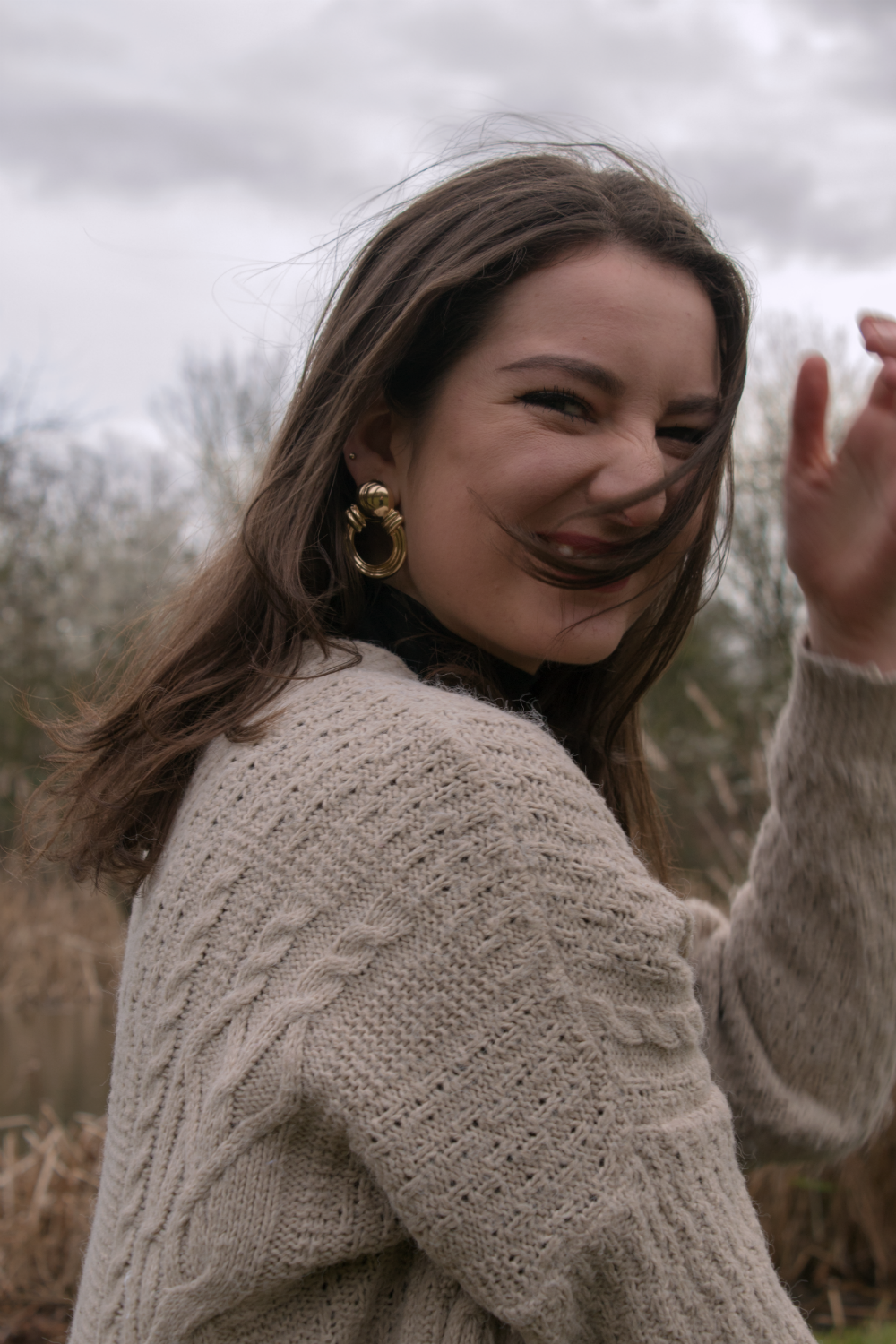'As long as Black women are involved, real change will come'
In honour of Black History Month, British New York political commentator and businesswoman Lola Adesioye, explains why 2020 is the year for positive change - and how black women are leading the charge
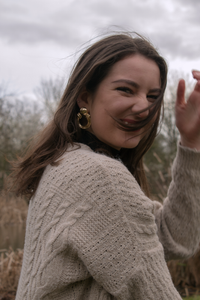
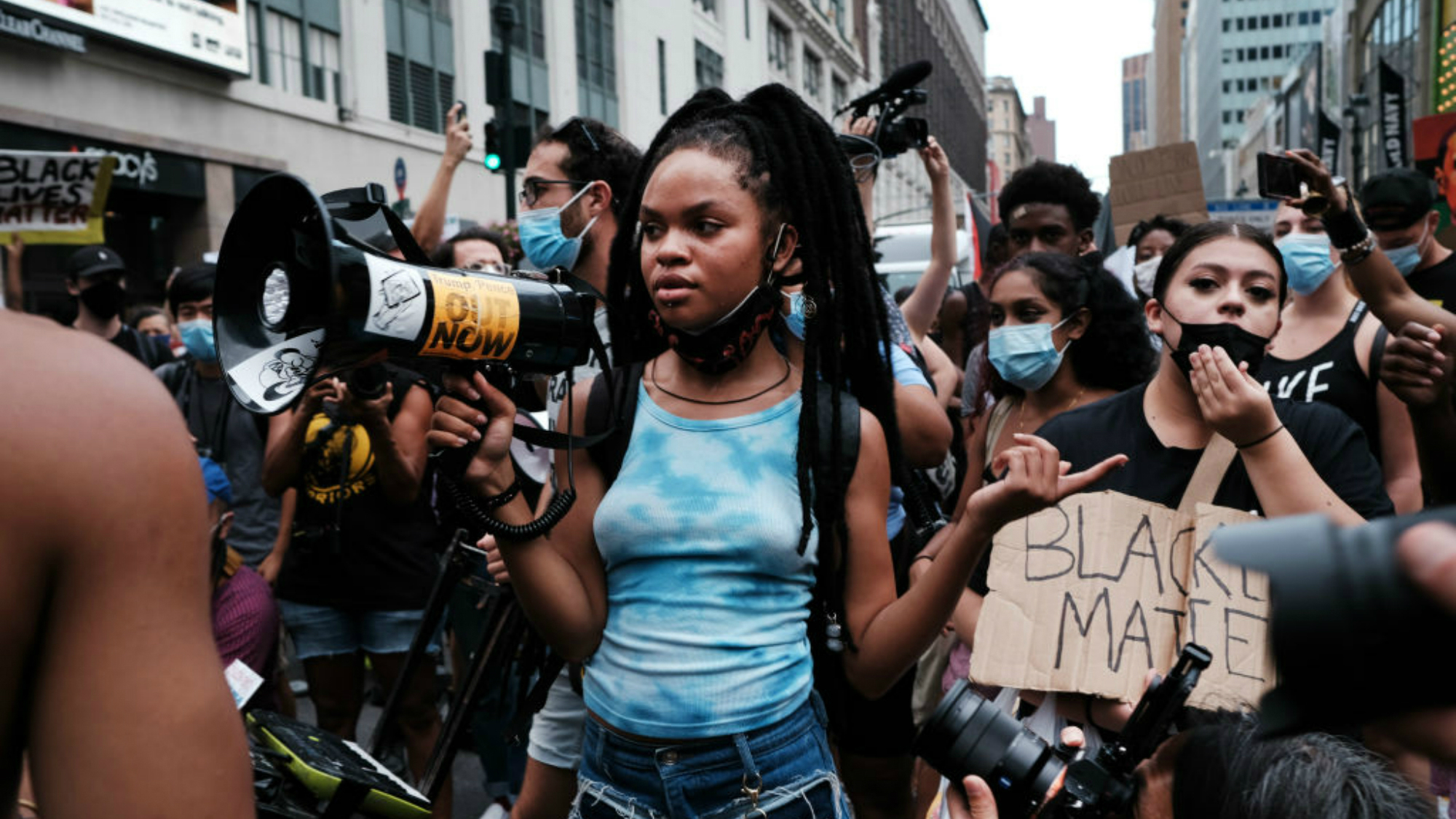
Celebrity news, beauty, fashion advice, and fascinating features, delivered straight to your inbox!
You are now subscribed
Your newsletter sign-up was successful
In honour of Black History Month, British New York political commentator and businesswoman Lola Adesioye, explains why 2020 is the year for positive change - and how black women are leading the charge
When I came to America in 2007, I was both consciously and subconsciously looking for a place where I would feel more seen and heard as a Black woman. I may have grown up in the UK, but the vast majority of the people I looked up to - from Martin Luther King to Oprah Winfrey - were African American. Each time I visited, I grew, evolved and felt more rooted in myself. I loved it when men would call out 'hey sister' to me on the street - something which never happened in London, where, like many other Black women, I often felt invisible to the mostly white men in my surroundings.
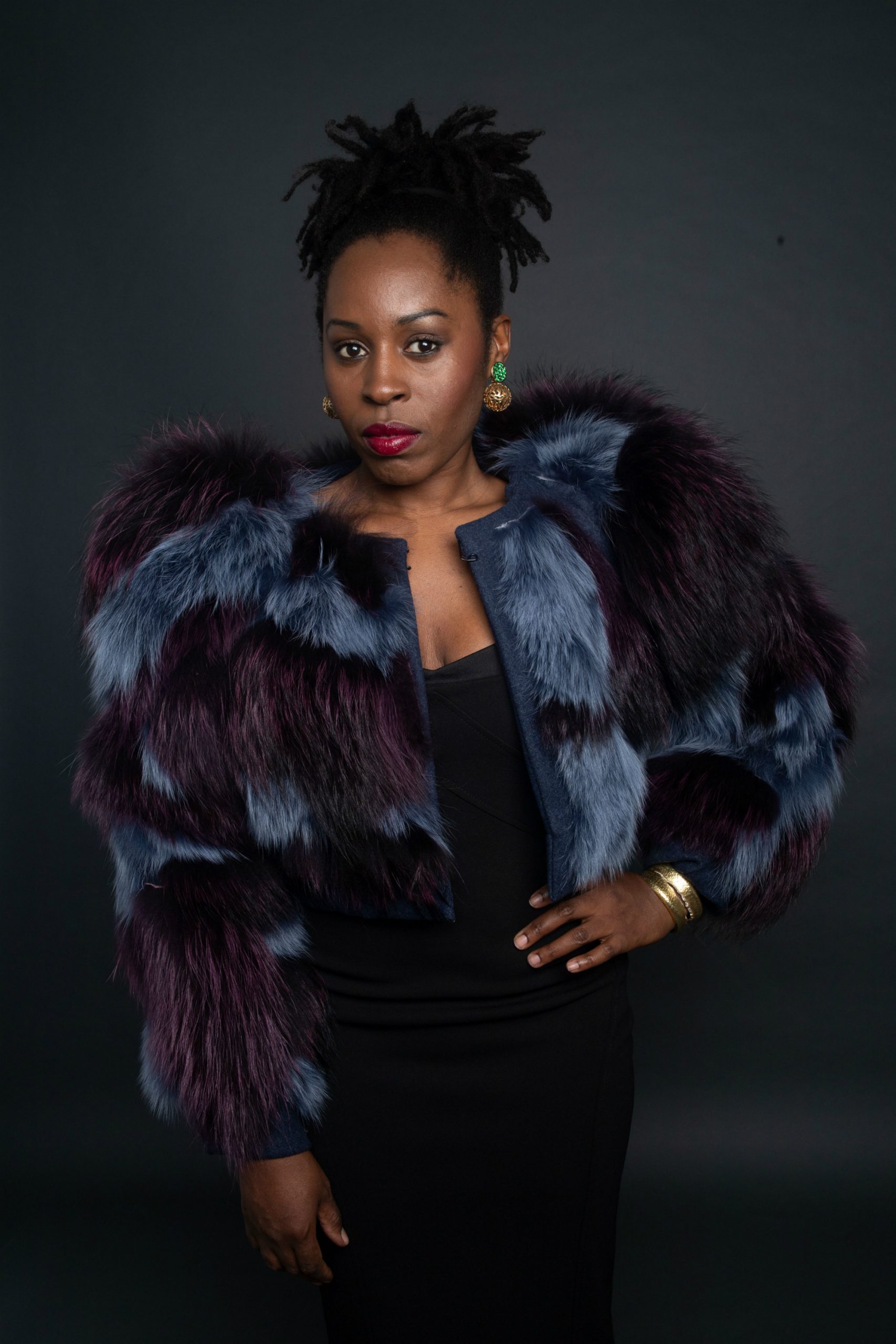
America was the closest I could get to living amongst Black people without staying permanently in Africa (my parents are from Nigeria). In the UK, I was tired of being the only Black girl everywhere I went. Tired of having to grit my teeth when people made jokes about how I was 'different' from other black people because of my Cambridge University education. Or when bosses subtly tried to portray me as the angry black girl or made comments about how I was too ambitious. I could feel the UK's often-unspoken class, race and gender issues directly affecting my life yet was frustrated by how Brits would pretend that none of those issues really existed.
'What I found in America was a level of racism and discrimination that went deeper than I could ever have expected'
When I came to the States as a writer and blogger, Barack Obama was running for office and one summer's day, I accidentally stumbled on a rally of his in New York's Washington Square Park. As I watched him in action and looked at the variety of people at that rally, I knew that something groundbreaking was happening and I was determined to be part of it.
And yet, what I found in America was a level of racism and discrimination that went deeper than I could ever have expected. Racism is the foundation of this country and it permeates it at every level. Very soon after I arrived, news arrived of the shooting by police of a young man called Sean Bell who was killed the night before his wedding in a hail of bullets in his car. Every year since, there have been more killings. Oscar Grant. Eric Garner. Trayvon Martin, Sandra Bland to name just a few. This year: George Floyd, Breonna Taylor, Ahmaud Arbery, Elijah McClain. Then most recently: Jacob Blake.
'I'm not sure that some of this year's events have been that different from what Black people in America have seen before'
It would be an understatement to say that 2020 has been a year to remember. However, I'm not sure that some of this year’s events have been that different from what Black people in America have seen before. There have always been Black deaths at the hands of people who have no respect for Black life. Black people have always faced prejudice and discrimination here; structural racism has been a factor in American life since its inception. But against the backdrop of the Covid-19 pandemic –which has affected a disproportionate number of people of colour – the issues have been brought into sharper focus. The intense impact of racism is that much harder to ignore. Its arms are long-reaching: from health, to economics, to encounters with law enforcement and the criminal justice system, to politics.
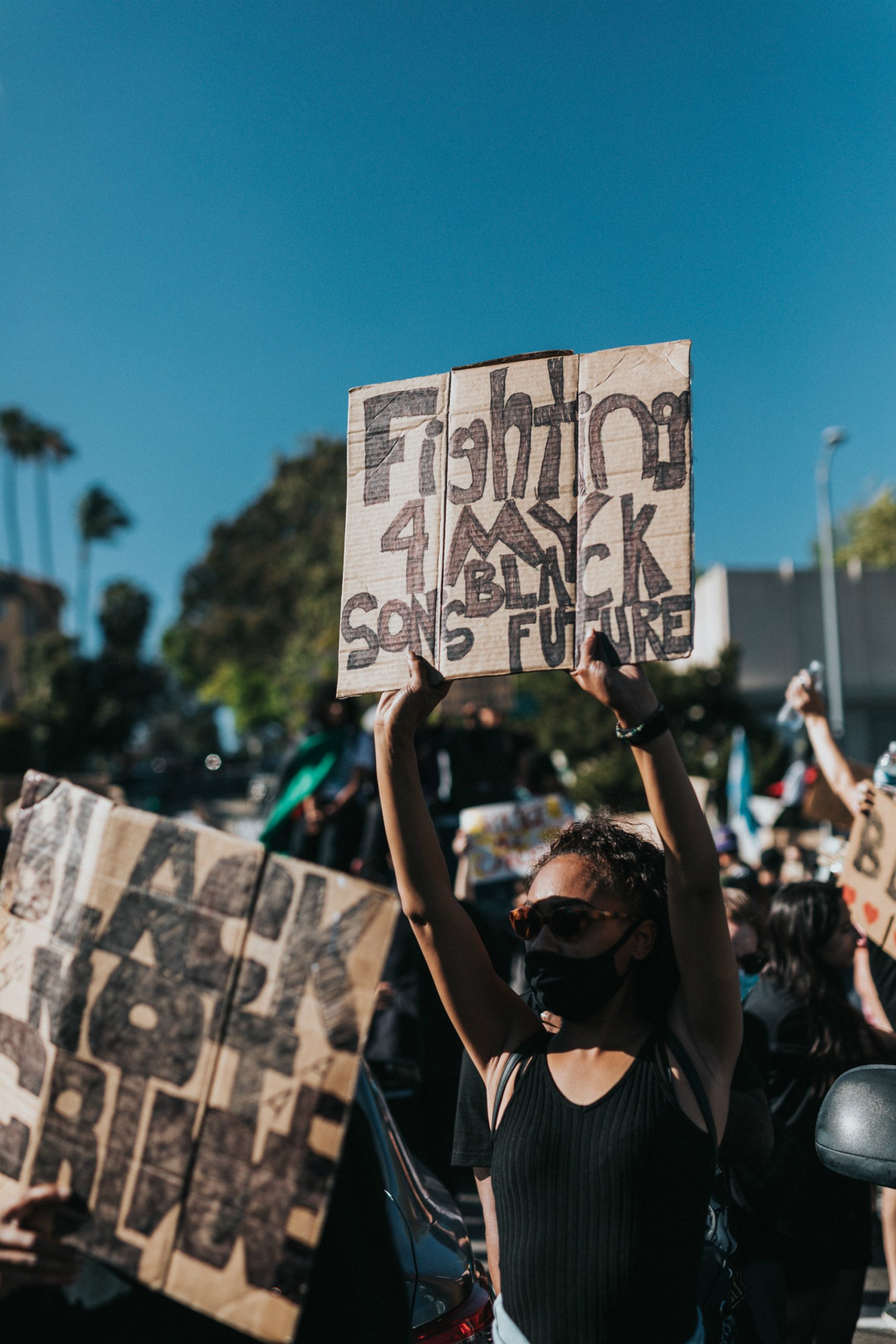
And yet despite all this, one thing Black people have definitely always done is to fight for our rights. We should not have to, but we do. And we do it well. Last month, as I reflected on 100 years since the passing of the US 19th Amendment which gave women the right to vote, I thought about the historical realities of the Black woman’s fight for change. I thought about the discrimination and exclusion within the women’s suffrage movement itself, how black women were not allowed to be part of The National American Woman Suffrage Association. So, we formed our own suffrage groups. There was also division about what was most important: white women were primarily concerned with gender parity, while Black women knew that voting rights were also an essential part of confronting both racism and gender discrimination. So, we continued to fight for voter rights.
Celebrity news, beauty, fashion advice, and fascinating features, delivered straight to your inbox!
Even after the passing of the 19th Amendment, states still found various ways to disenfranchise Black voters. It wasn’t really until the passing of the 1965 Voters Rights Act - again coming about in large measure due to the actions of a nation-wide coalition of black women - that this subsided somewhat. Even today, as President Trump and his cronies continue to find ways to disenfranchise black voters, Black women say no.
'If black women have anything to do with it, change will come'
The truth is that Black women have constantly and consistently led the charge for true democracy in America. The list of black female change-makers is long even if we don’t hear about these women every day. And, if we look at today’s Black Lives Matter movement it is women at the forefront.
Is Kamala Harris, the now Vice Presidential nominee, a sign of substantive change? Perhaps so. The symbolic nature of her vice presidential nomination is important, but ultimately what matters most is whether or not she can effect change which positively impacts the lives of women and people of colour in America. She and Biden seem to suggest a willingness and I’m excited to see whether or not they can deliver.
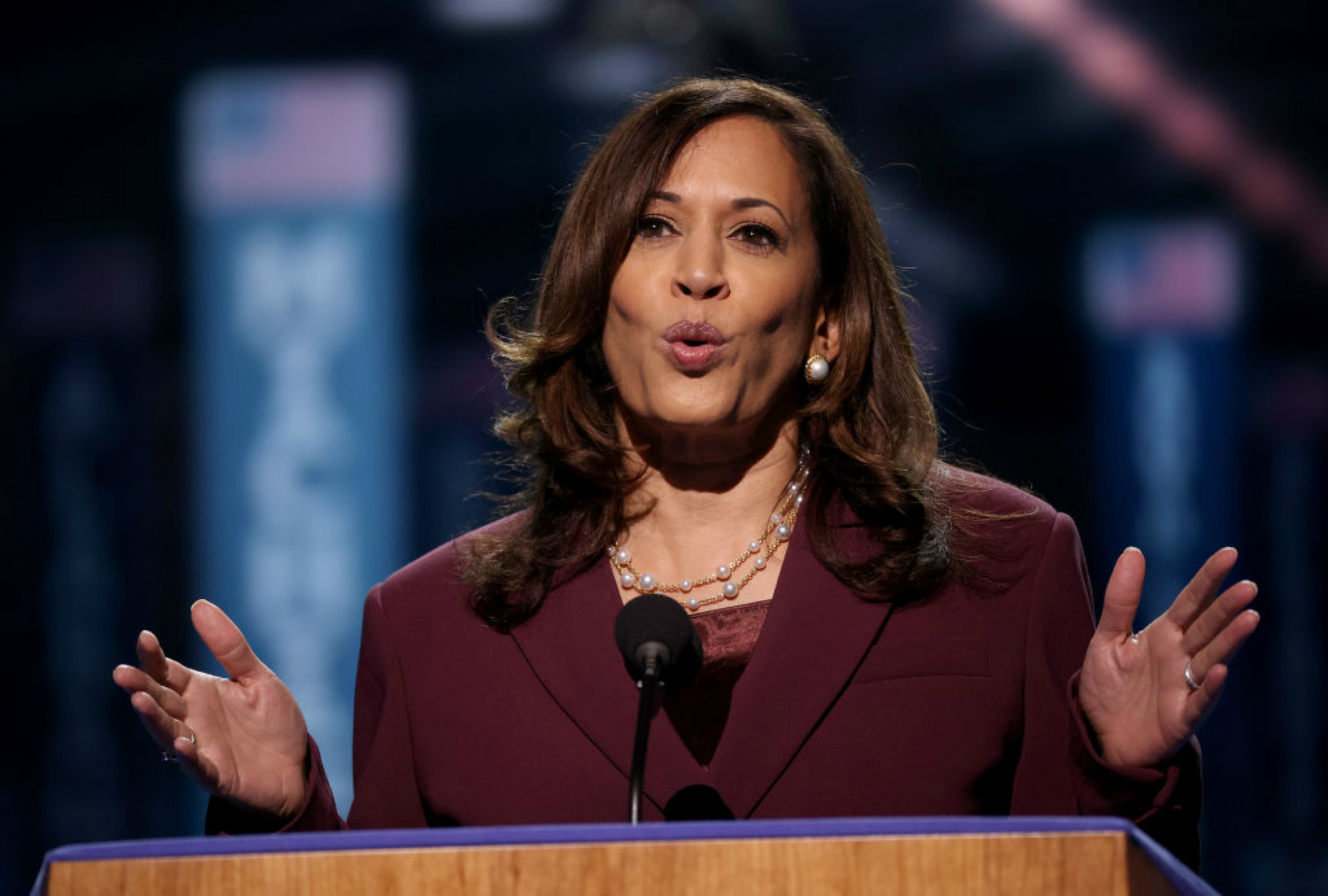
I have only lived in America for 13 years but I have embraced it and it has embraced me. I might not be "African American" but I am a Black woman who is deeply invested in this country and who intends to spend the rest of my life here. I am hoping that means one day a family, and one day Black children. I care about my Black American brothers and sisters now more than ever. I’ve never seen so many Black Lives Matter signs and murals, on walls, in windows and everywhere. But, it’s real change I really want to see. One thing I know for sure though… if black women have anything to do with it, and we continue to put in the work as we have always done, that change will come.
Niamh McCollum is Features Assistant at Marie Claire UK, and specialises in entertainment, female empowerment, mental health, social development and careers. Tackling both news and features, she's covered everything from the rise of feminist audio porn platforms to the latest campaigns protecting human rights.
Niamh has also contributed to our Women Who Win series by interviewing ridiculously inspiring females, including forensic scientist Ruth Morgan, Labour MP Stella Creasy and ITV’s former Home Affairs Editor Jennifer Nadel.
Niamh studied Law in Trinity College Dublin. It was after enrolling in a Law & Literature class on her year abroad in Toronto that her love of writing was reignited. In no particular order, her big likes are Caleb Followill, hoops, red wine, sea swimming, shakshuka and long train journeys.
